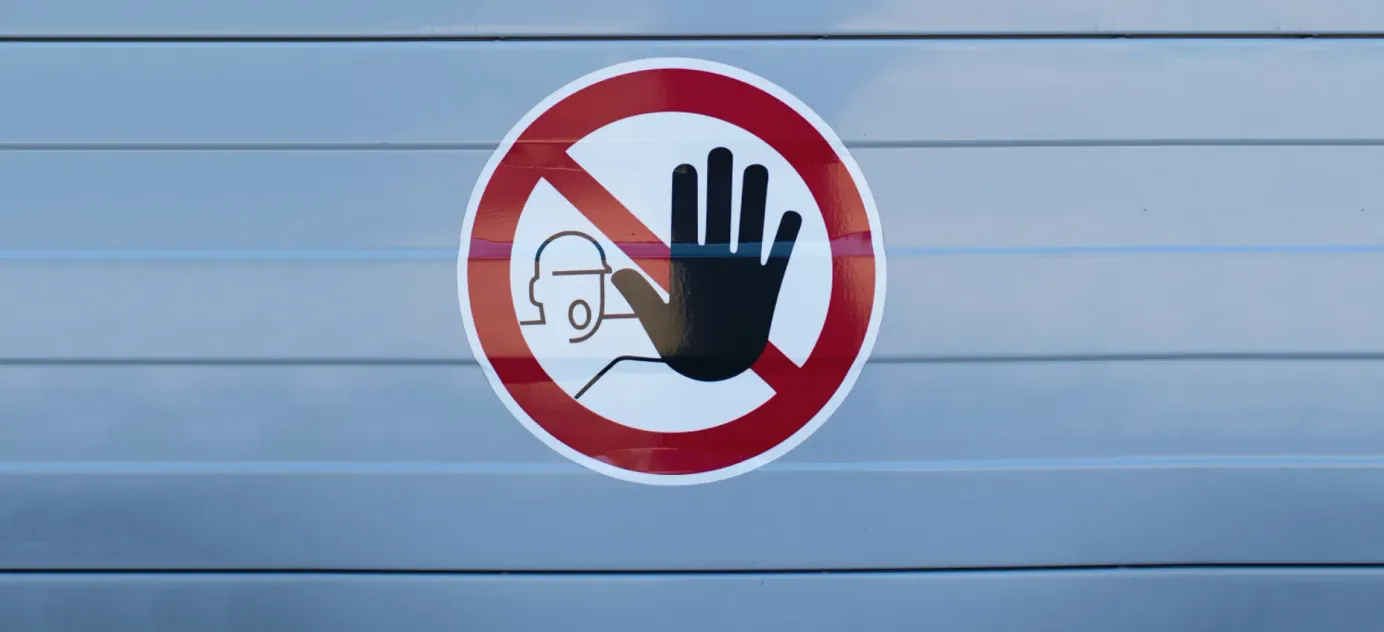
Why cars and personal items could be confiscated
The European Commission made new clarifications in the sanctions regime against Russian citizens — and it became apparent that Russians are now barred from bringing any personal items into the European Union, from cars and laptops to simply a tube of toothpaste.
These “new” restrictions on Russians are described in the Sept. 8 update to the FAQs relating to sanctions against Russia.The update explains that any Russian-registered vehicle, whether intended for personal or commercial use, will be considered an illegal import and banned from entry into the EU.
The ban on Russian-registered cars is nothing new, having been implemented in 2022 in response to the full-scale invasion of Ukraine. The European Commission has merely provided up-to-date official confirmation. The implementation of the rules depends on the specific country. But earlier this summer, German customs aalready made reference to the ban and warned that it could confiscate the private cars in which Russians entered the country.
At least a dozen motorists were affected, including one case in which the German authorities impounded a car with Russian plates belonging to a Belgian citizen who drove into Germany. According to the Russian Embassy in Berlin, the German customs service continued to seize cars into the fall. At least one Russian managed to get his car back, with customs officials admitting that there were no grounds for confiscation.
The same Sept. 8 update explained that Russians’ personal items are also subject to seizure. The list includes not only passenger cars, but many other common possessions including laptops, cellphones, suitcases, leather and fur goods, jewelry, shampoo, toothpaste, yachts and toilet paper. The ban does not extend to gold jewelry intended for personal use.
The European Commission spokesman Daniel Sheridan Ferrie, speaking to The Bell, said that clothes worn by a person when crossing the border are unlikely to be used to circumvent sanctions. That is unlike, cars or other valuable items.
What’s next?
The enforcement and implementation of sanctions lies with the EU member states, the clarification explained. The relevant authorities in these countries should determine whether the legislation has been violated and apply the appropriate measures.
"Member states are obliged to comply with European sanctions. The European Commission periodically issues guidance to help member states understand their obligations, although guidance alone does not change the legal situation," Ferrie told The Bell.
Several Russian lawyers argue that confiscating personal items is unlawful, as Article 3i of the legislation prohibits the import or transfer of goods that “generate significant income for Russia.” This implies that the goods are intended for sale. “The fact that a Russian citizen is on the territory of another state, assuming he travelled there not on forged documents but on a legal basis, does not constitute a crime," said Vladimir Starinsky, chairman of the Starinsky & Partners law firm.
Why the world should care:
From a legal standpoint, the ban on importing personal items should have been enforced since 2022. But there have been no reports of European customs services confiscating laptops or toothpaste from Russian visitors. However, German customs impounded vehicles with Russian plates. While this is hardly a frequent occurrence, these incidents show that the European authorities have taken at least some steps to enforce sanctions legislation.
The ban on bringing personal items into the EU was widely discussed by Russians on social networks this weekend. These restrictions, if enforced strictly, will certainly pose problems for citizens.



